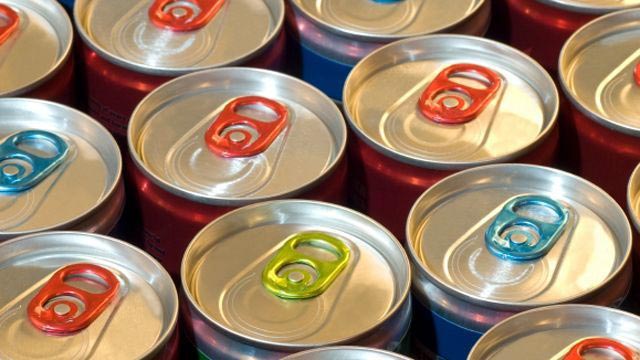In an era where quick fixes and instant energy solutions are more accessible than ever, the popularity of energy drinks continues to soar.
These beverages, marketed for their ability to quickly boost energy and improve focus, have become a staple for those seeking rapid pick-me-up. However, the convenience of these energy elixirs comes with a price — a cocktail of potential health risks and adverse effects that warrant a closer examination.
This article aims to shed light on why reducing your energy drink consumption could be a pivotal decision for your long-term health, supported by scientific evidence and expert advice.
Toll of temporary boosts
Energy drinks typically contain high levels of caffeine and sugar, along with other stimulants like taurine and guarana. While they may offer a short-lived energy surge, this is often followed by an inevitable crash, creating a cycle of peaks and troughs in mood, energy levels, and productivity. The question then arises: is the fleeting boost worth the potential long-term health implications?
Heart health
A primary concern with energy drinks is their significant caffeine content. According to WebMD an American corporation which publishes online news and information about human health and well-being, excessive caffeine intake is associated with heart palpitations, high blood pressure, nausea, and heightened anxiety.
High intake of energy drinks has been associated with increased stress, anxiety, and depression
In extreme cases, it can even trigger cardiac arrhythmias—a risk that overshadows the temporary energy benefits. Organizations such as the American Heart Association recommend moderation in caffeine consumption and suggest healthier hydration and energy sources like water, natural fruit juices, or herbal teas.

Sugar overload
The sugar content in energy drinks is alarmingly high. Frequent consumption can lead to weight gain, insulin resistance, and an increased risk of type 2 diabetes. Guidelines from the World Health Organization advocate for a reduced intake of free sugars to combat these health issues.
Addiction
The potential for addiction to energy drinks is real and multifaceted, encompassing both physical dependence, due to caffeine, and psychological reliance, as consumers use them for energy boosts for daily tasks and social events. This cycle of dependency and tolerance can lead to increased consumption and potentially worsening health outcomes, according to the National Institute on Drug Abuse (NIDA).
Mental health matters
Beyond physical health, there’s a concerning link between energy drink consumption and mental health issues, according to the Diabetes Education Services. High intake has been correlated with increased stress, anxiety, and depression, potentially aggravating existing mental health conditions, as highlighted by mental health organizations.
Healthy choices
Breaking the cycle of reliance on energy drinks involves turning to healthier lifestyle choices. Emphasizing adequate sleep, a balanced diet, and regular exercise can naturally enhance energy levels and focus without the adverse effects linked to energy drinks.
Conclusion
As we navigate our daily lives, it’s critical to reconsider our reliance on energy drinks and the impact of our choices on long-term health.
Whether as a fitness guru or someone looking to be more proactive at work, by understanding the risks and exploring healthier alternatives, we can make informed decisions that support our well-being.
Let’s prioritize our health by choosing sustainable ways to stay energized and focused.


